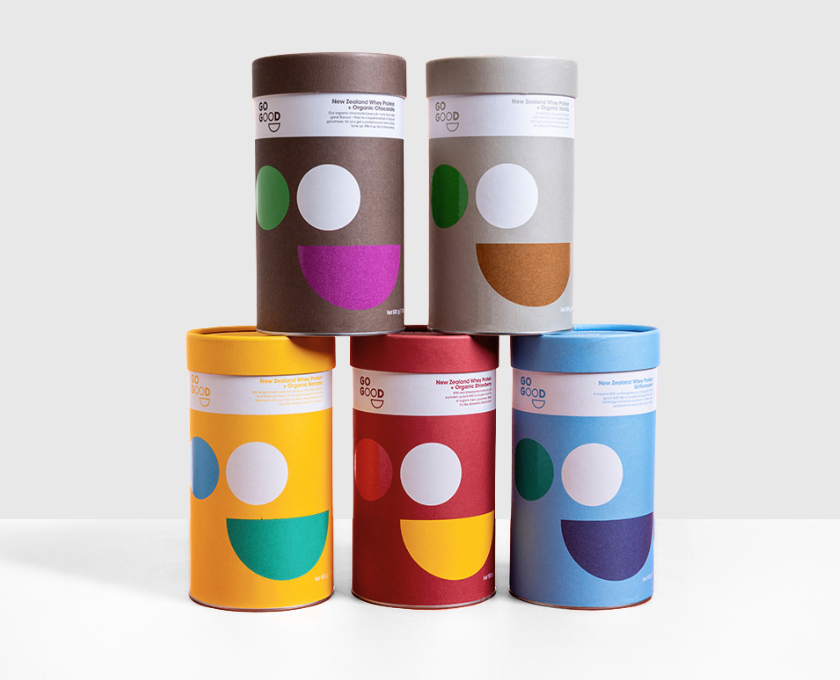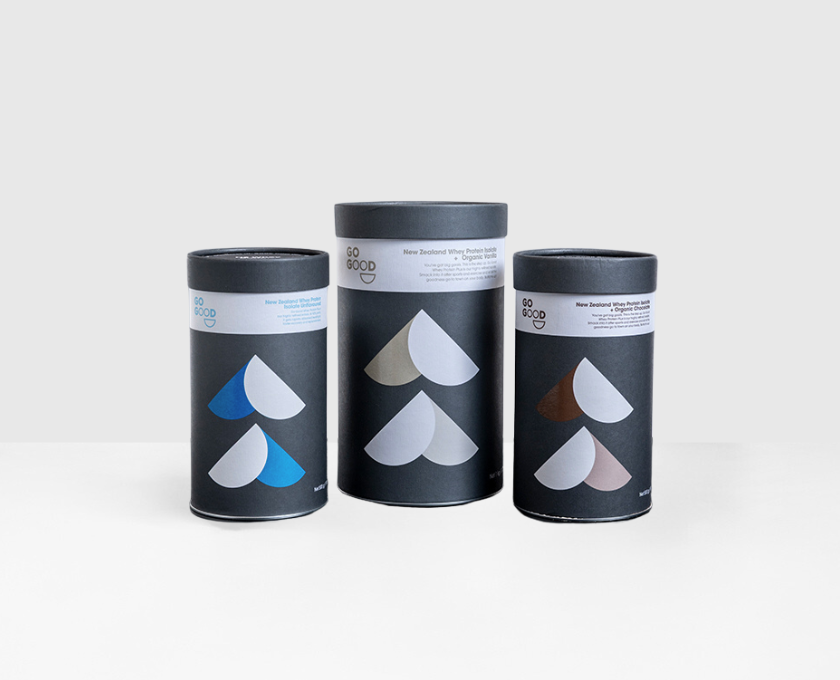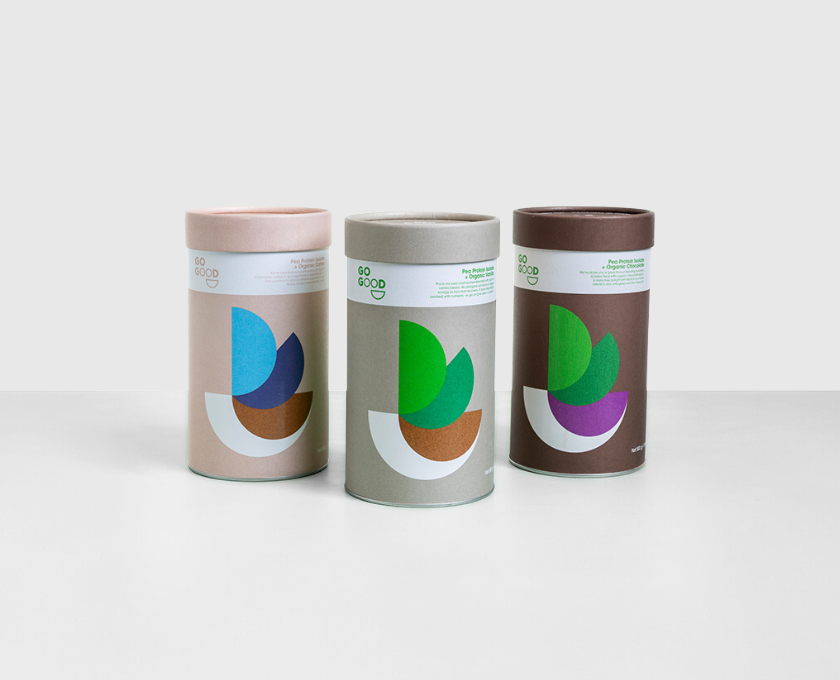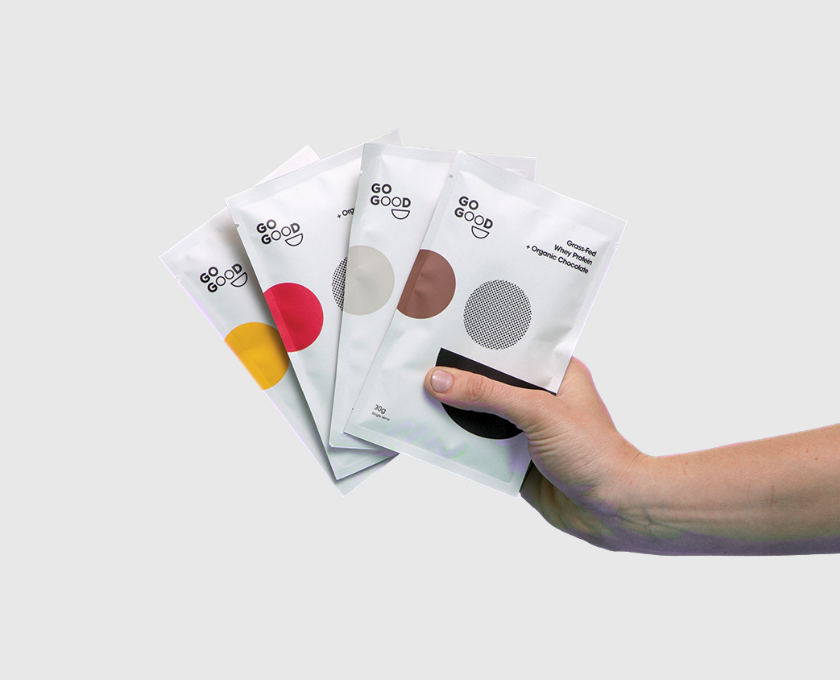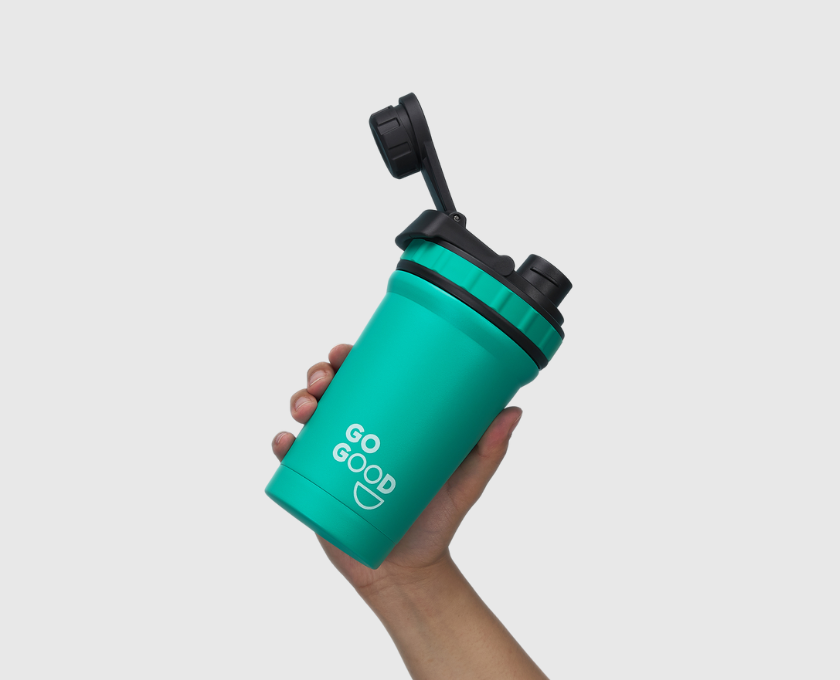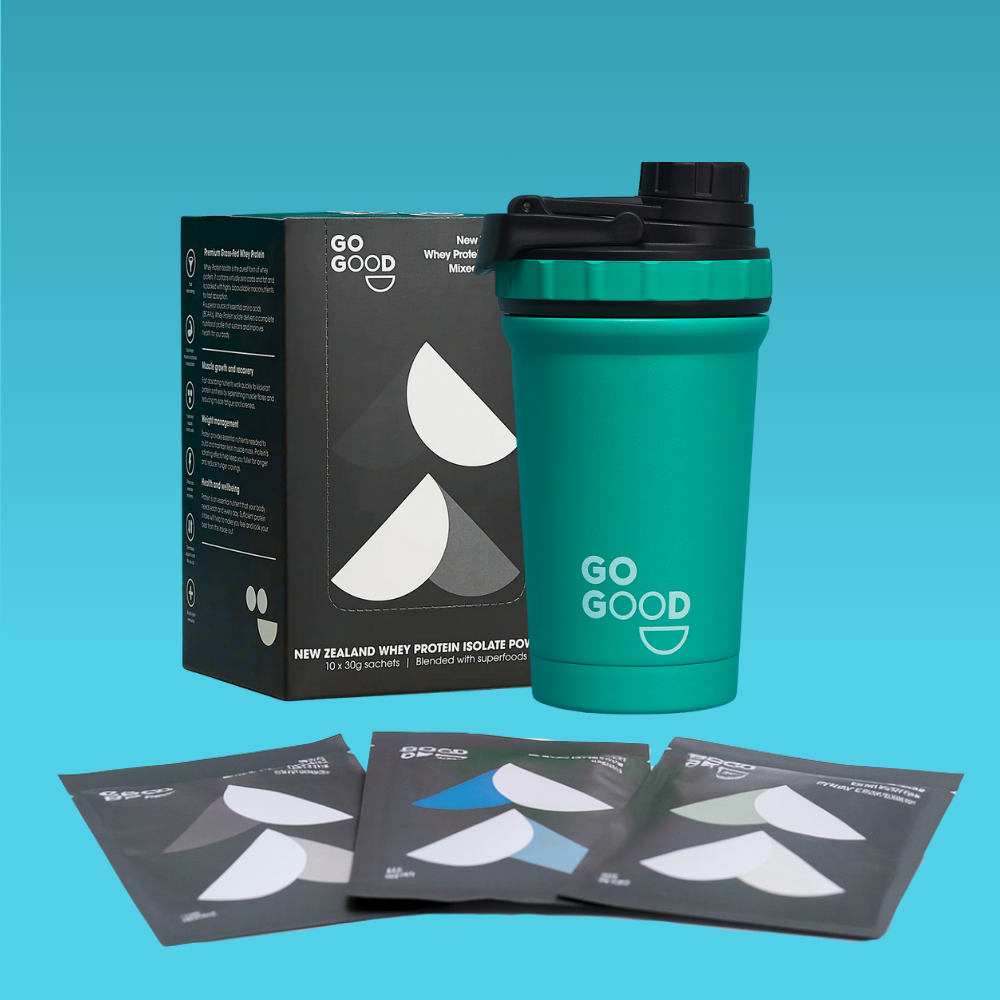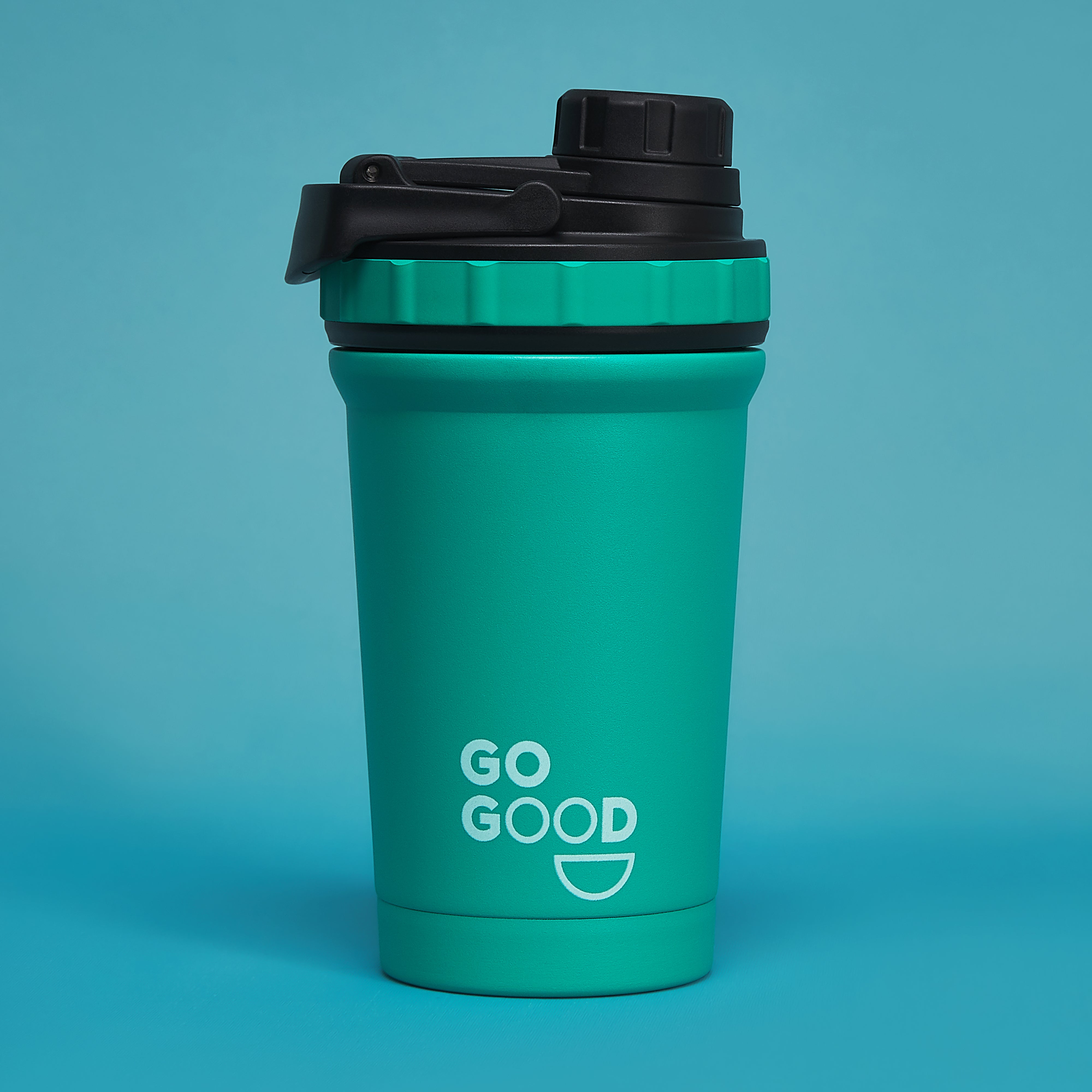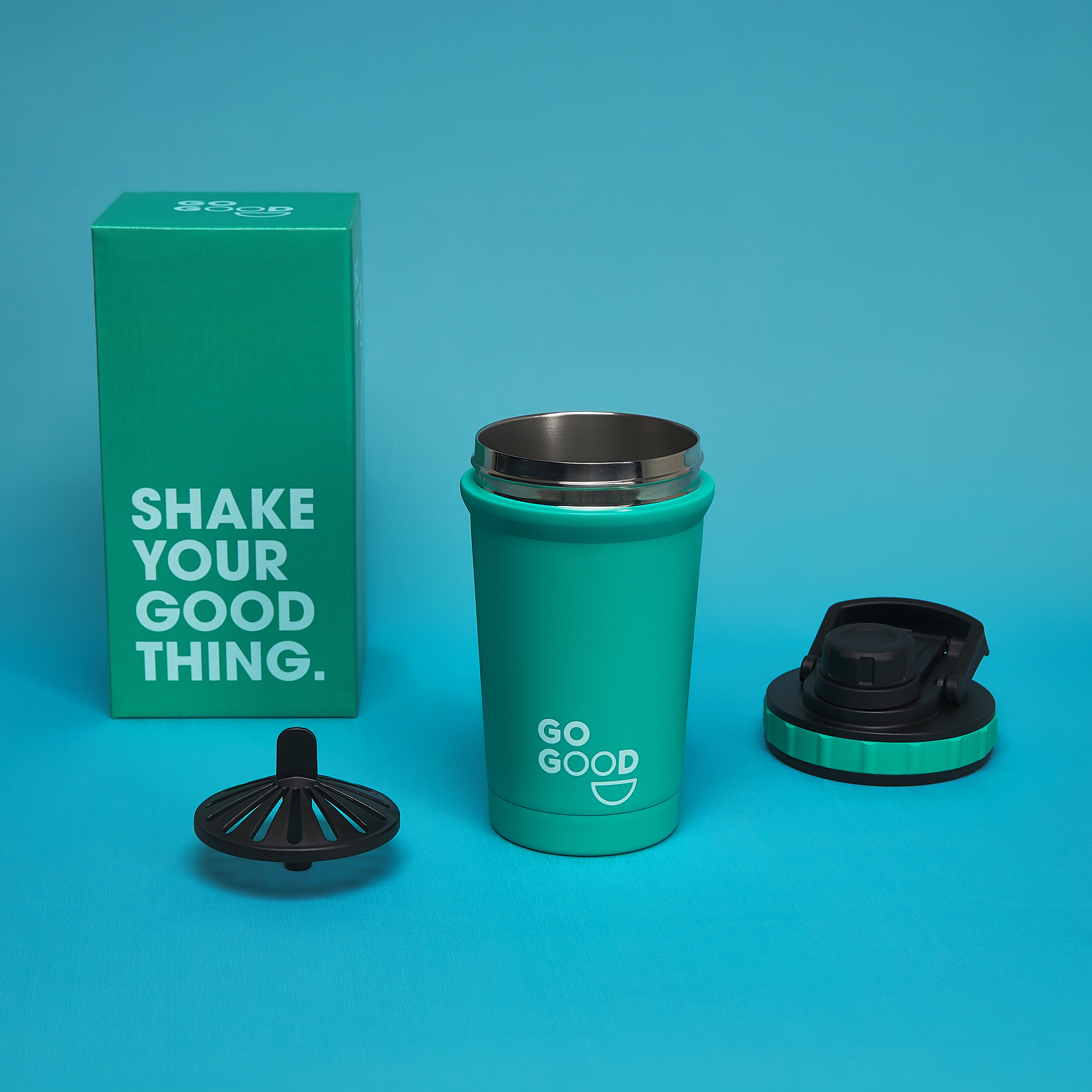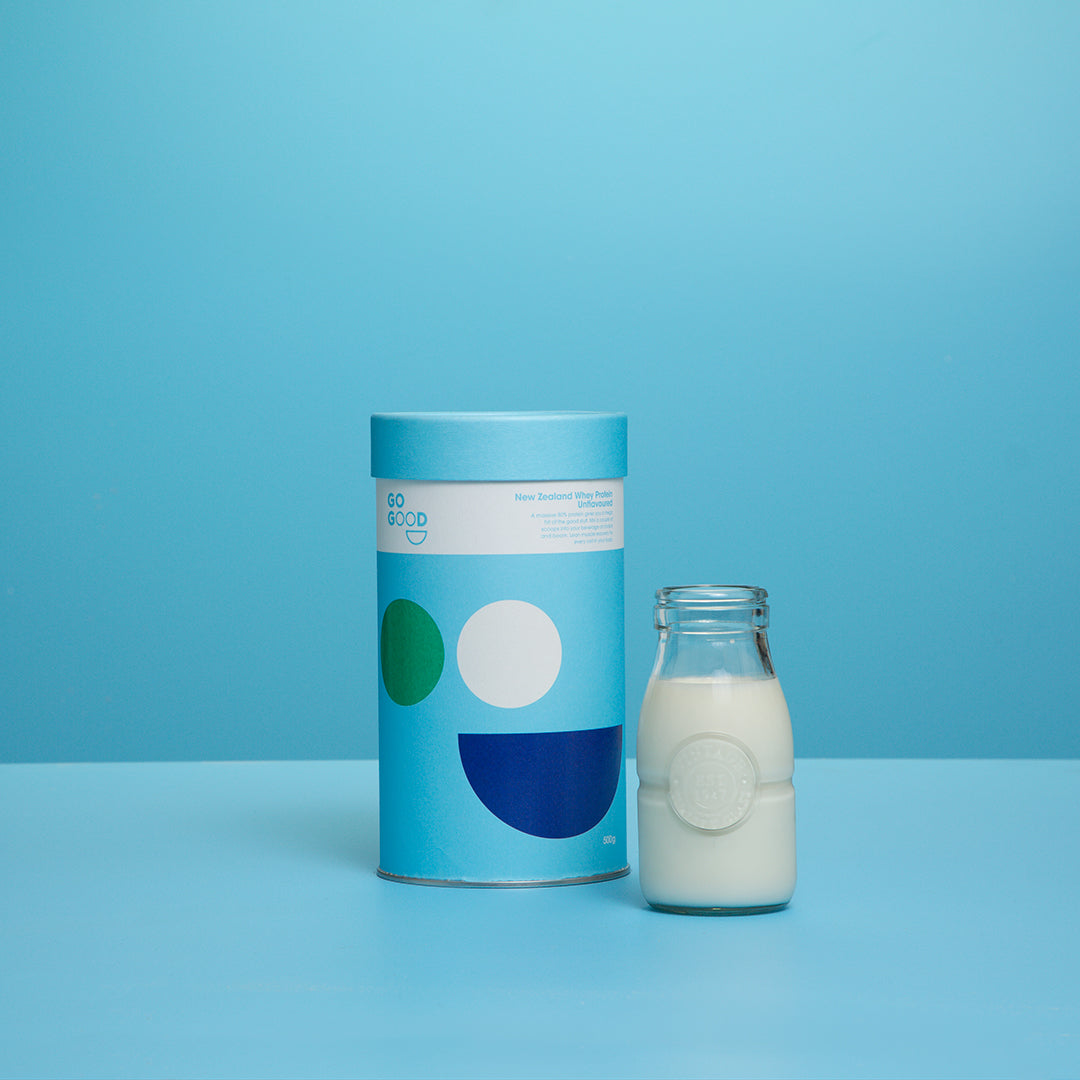The protein powder market is forecasted to exceed sales of $8.71 billion by 2025. Given the perks of protein powder with muscle development, weight control, workout recuperation, and begin just a fundamentally good product to supplement nutrition this can be money well spent.
Yet, to reap these rewards, it's vital to store and use protein powder correctly. Naturally, you might ask: "Does protein powder expire?" Dive into our guide below to discover all about protein powder's shelf life.
Protein Powder: Can It Expire?
Indeed, it can. Being a dairy-derived product, whey protein has an expiration date, influenced by:
- Type of whey (isolate, concentrate, hydrolysate, native)
- Moisture levels
- Production techniques
- Packaging types (e.g., air-sealed bags, sturdy containers, foil)
- Exposure to environmental conditions
- Quality (shelf-life of additional components flavours etc)
- Choice of natural or artificial ingredients
On inspecting a protein powder package, you'll see an expiry date or a "best before" label. As a rule of thumb, adhere to this date for safety.
Research shows protein powders typically remain good for 12 to 24 months. Some varieties have preservatives extending this period. Manufacturers usually mark a product's expiry as two years post-production.
Big brands may use preservatives to enhance their product's shelf life. They might also incorporate ingredients to boost the product's appeal. For instance, pre-mixed drinks add "ease of use", and sugared varieties might taste better.
Nevertheless, consumers should tread carefully. A lengthy ingredient list often signals a less stable, shorter-lived product. Thus, it's smart to inspect ingredient details when buying. Simpler protein powders often signify top-tier quality.
High-grade, minimal ingredient protein powders, like Go Good give users a blend of taste and quality. Our products are also more durable, often outlasting their printed expiry, especially when stored appropriately.
Beyond The "Expiration Date": What To Know
A product's "best before" or "expiration" label primarily hints at its peak quality rather than safety. Due to their low moisture content, protein powders can often be consumed past their labelled date.
In New Zealand for example the legal maximum shelf life we are able to allocate for this category of food product is 2 years from manufacture (even if the product is fine to consume upto 3 years).
There is also the consideration of when the protein powder is opened. If the product has remained sealed from manufacture unopened for 18 months then it should still be OK to consume upto a year from when initially opened.
Watch Out For Expiry Dates
When spotting a sale, be discerning. Trusted retailers won't purposely sell outdated products, but sales may clear nearly expired stock - this happens alot with mainstream supplement retailers. If shopping in stores be aware products can get hidden at the back of store shelves or be incorrectly rotated in retailers warehouse storage.
How To Know If Protein Powder Has Expired?
Wondering about your protein powder's lifespan? The expiry or "best before" label is a starting point. But apart from time, other factors can render protein powders ineffective.
Expired or compromised protein powder may exhibit:
- Unpleasant odors
- Lumps or clumping
- Altered color
- Bitterness
Avoid using any product showing these signs, even within its expiry period.
A Note On Color
Many commercial protein powders are pristine white. If they turn yellow or brown, they've likely expired. However, top-grade, single-ingredient powders, like those from Go Good, can naturally possess a light yellow tint, thanks to their grass-fed nature and absence of bleaching agents. Customers can thus anticipate a consistent, naturally off-white hue from Go Good, reflecting its purity and premium quality.
What Does Expired Protein Powder Look Like?
If your protein powder is past its expiration date or isn't stored correctly, it might not only lose its efficacy but could also be harmful to consume.
The Impact of Temperature and Humidity on Whey Protein: A study in the Journal of Dairy Science found that while humidity didn't always alter whey protein, high temperatures did. This led to visible changes like clumping and yellowing. Any sample stored at or above 95°F (35°C) had a change so drastic that it was taken out of the study within a year.
Moreover, there were chemical changes. One such change was a reduction in lysine – a crucial amino acid that gives protein powder its benefits. Lysine levels dropped from 5.5% to 4.2%.
These hotter conditions also caused:
- More moisture in the samples
- Growth of bacteria, yeast, and mold
- Formation of volatile compounds
An earlier study also confirmed that higher temperatures lead to increased oxidization, which harms protein powders, resulting in a bad taste.
It's worth noting that these findings focused mainly on whey protein without additives that prolong shelf life. Yet, similar results have been observed with other protein powders.
Rule is to store your protein powder in a cool, dark and dry place.
What Happens To Expired Milk Protein Powders?
Just like whey, milk-based supplements undergo chemical changes when exposed to high temperature and humidity. For instance, the lactose in whey protein can crystallize, which is visible and causes the milk proteins to become unstable. Increased oxidation was also observed in these milk proteins.
Due to these changes, the product can:
- Be harder to pour
- Dissolve poorly in water
- Have altered emulsifying properties
- Look and taste different
Always be careful when considering consumption of outdated or wrongly stored milk based powders. They might be less potent or even harmful.
Is Old Protein Powder Still Good?
You might still get some benefits from protein powder that's slightly past its expiry date. However, the changes mentioned above suggest the protein is breaking down, which means it's less potent. It's always safer to use a fresh product.
Tips for Storing Protein Powder:
- Immediate Sealing: After using, seal your protein powder to keep out moisture and heat.
- Choosing the Right Container: Avoid cheap protein powders in plastic tubs. They don't keep the product fresh and might contaminate it. Sunlight can also cause the plastic to degrade, affecting the protein.
- High-quality powders like Go Good use thermally stable canisters with food grade foil and cardboard layers that protect against heat and UV rays. If used regularly a cardboard lid will suffice where if traveling or non optimal storage a aluminum penny lever lid is recommended. This ensures a longer shelf life.
- Storage: Keep your protein powder in a cool, dry, dark place. Avoid refrigerating or freezing as temperature fluctuations can cause condensation and damage the powder.
Can I Store A Protein Shake Overnight?
If you make a protein shake in advance, refrigerate and consume it within 48 hours. Store it in a sealed container, mix it again before drinking, and if it gets warm, discard it.
Can Protein Powder Go Bad? Yes, It Can.
Protein powder does have a shelf life. With time, its effectiveness reduces and it might become harmful, especially if stored improperly.
High-quality protein powders like Go Good Grass-Fed prioritise quality and longevity, coming in protective packaging that ensures their safety and nutritional integrity. Choose wisely, store correctly, and ensure you're consuming the best quality for maximum benefits.
Key Takeaways:
- Shelf Life: While protein powders typically last 12 to 24 months, factors such as type, moisture, packaging, and ingredient quality influence its shelf life. Always check expiry or "best before" labels.
- Expiration vs. Quality: The "best before" label indicates peak quality rather than safety. While low moisture content allows some protein powders to be safe past their label date, it's crucial to consider the storage conditions since the powder's quality and safety can deteriorate.
- Signs of Expired Protein: Expired or compromised protein powder might have an unpleasant odor, lumps, altered color, or a bitter taste. Any product showing these signs should not be consumed, regardless of its expiry period.
- Storage Factors & Impact: A study revealed that high temperatures significantly affect whey protein, causing visible changes like clumping and a decrease in crucial amino acid levels. Storing protein powder in a cool, dark, and dry place is essential. For pre-made shakes, they should be refrigerated and consumed within 48 hours.
- Selection & Storage Tips: Choose quality protein powders with protective packaging. After use, immediately seal the protein powder and store it in appropriate conditions. Higher quality brands like Go Good offer durable packaging, emphasizing both taste and longevity.


